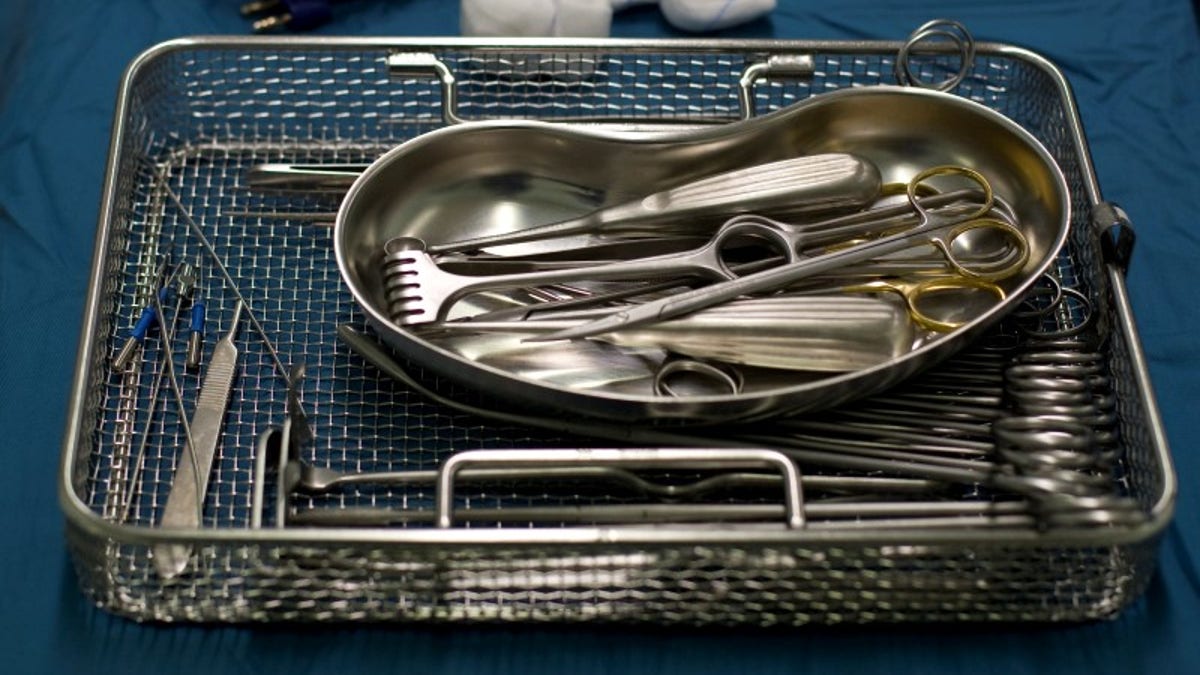
Surgery instruments are pictured during procedures to clean the wound of an amputee patient with MRSA at Unfallkrankenhaus Berlin hospital (Copyright Reuters 2016)
Doctors who oversee training programs for young surgeons are strongly in favor of flexible work hours for these trainees, a study found.
They believe flexible hours lead to improvements in patient safety, overall care and trainees' education and wellbeing.
Public concern over residents' work hours led the Accreditation Council for Graduate Medical Education (ACGME) to impose restrictions in 2003 and again in 2011. Current policy limits the work week of trainee doctors, known as residents, to a maximum 80 hours, regulates mandatory time off between shifts and limits on-call periods.
To see if the restrictions led to improvements in patient safety, researchers conducted the FIRST Trial from 2014 to 2015. Of the 117 participating U.S. surgical training programs, 59 followed current restrictions while the other 58 allowed for flexible working hours.
Overall, patient outcomes were similar in both groups.
For the new study, Dr. Anthony Yang of the Feinberg School of Medicine at Northwestern University in Chicago and colleagues collected the perceptions of the surgical faculty who oversaw the training programs.
Where residents had flexible work hours, program directors said the trainees used the time to finish operations and the stabilize patients.
Compared to program directors at hospitals with restricted work hours, those with flexible hours overwhelmingly reported more positive effects on patient safety, uninterrupted patient care and freedom for residents to attend educational activities.
Most doctors in either group also said flexible hours would improve patient care and resident education and wellbeing, the researchers report in the Journal of the American College of Surgeons.
"I didn't expect it to be so uniform," said Yang.
The researchers caution that the results are subject to a number of limitations. For example, they surveyed only the 117 program directors involved in the trial, whereas there are 252 accredited surgical training programs in the U.S.
Also, the survey was subjective, since it asked for program directors' perceptions, and not for information like trainee performance on exams.
The trial was also only one year, and the perceptions of program directors may change over a longer period of time, they write.
Yang said he hopes the results put people at ease about longer work hours for residents since these program directors view the flexible policy as beneficial.
They "haven't seen this as a bad thing," he said.








































